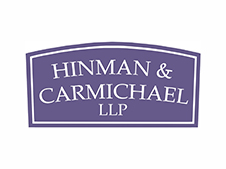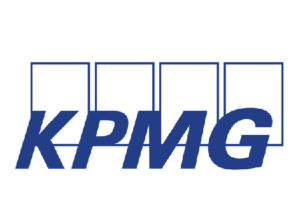Last week, the Daily Journal named Lewis & Llewellyn as one of the top law firm boutiques in California. The firm was one of only seven litigation boutiques to be selected for this honor. The award recognizes “small, hyper-focused firms that take on big matters and win”, which perfectly reflects our mission statement. Lewis & Llewellyn is committed to providing the highest quality legal representation to its clients at every stage of litigation, and is honored to be named a Top Boutique only three years after founding our practice. The full article can be found here.
Lewis & Llewellyn Is Hiring
As part of the firm’s continued expansion, Lewis & Llewellyn is pleased to announce that it is looking to hire another associate attorney. Candidates should have between two and five years of experience at a top law firm and must have excellent academic credentials. If you believe that Lewis & Llewellyn might be the right fit for you and would like to inquire about joining our team, please email us, including your resume, at careers@lewisllewellyn.com.
Marc Lewis To Moderate The 2015 Bench Bar Conference
As Chair of the Bar Association of San Francisco’s Litigation Section, Marc Lewis will moderate this year’s Bench Bar Conference, which will focus on “The Brave New World of Litigation: The Impact of Social Media, Data Collection, and Technology on a Fair Trial.” The panel will highlight current technology issues impacting civil cases. The Hon. Charlene Padovani Kiesselbach will also moderate, and the Hon. John K. Stewart and Hon. Teri Jackson will present opening and closing remarks, respectively. Attendees will be able to continue the conversation at a reception following the event. The conference will occur the evening of October 27. More information can be found here.
Evan Burbidge To Moderate CLE On An Inside View With In-House Counsel
On October 22, a top-flight panel of in-house counsel from Bank of the West, Lyft, and Yahoo! will provide the inside scoop on how they got where they are and what they look for in the lawyers they hire. It’s a can’t-miss opportunity for any attorney looking to bring in business, better understand client needs, or work in-house. More information about the event can be found here.
Litigation Tip Of The MonthChanges Coming To FRCP 26(b)
On December 1, 2015, some significant changes to the Federal Rules of Civil Procedure will take effect. Among the changes are revisions to Rule 26(b), which defines the scope of discovery. The amendments will place new constraints on discoverable information. Attorneys and clients should be aware of how these changes will affect their discovery requests to opposing parties, and also how they can use the amendments to limit overbroad requests.
The amended FRCP 26 will clarify the scope of discovery by requiring that discovery is both “relevant to any party’s claim or defense” and “proportional to the needs of a case.” Courts are currently permitted to consider proportionality factors in order to limit discovery, but the amendment more clearly ties the proportionality factor to the scope of discovery.
In addition, the amendments will remove the well-known current language in Rule 26(b)(1) that allows discovery of information “reasonably calculated to lead to the discovery of admissible evidence.” It will be replaced with the statement: “Information within this scope of discovery need not be admissible in evidence to be discoverable.” According to the rule’s committee notes, the change is meant to correct the common misuse of the “reasonably calculated” phrase in defining the scope of discovery. Instead, the new language is designed to allow discovery of non-privileged inadmissible information “so long as it is otherwise within the scope of discovery” (i.e., information that is both relevant and proportional).
These changes will likely limit the discovery burden that parties can attempt to impose on one another and encourage narrower discovery orders, especially in cases involving relatively small amounts of damages or clients with less resources. All counsel practicing in federal court should stay abreast of these developments












































